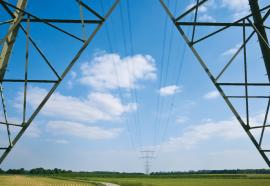What Happened in Texas
Evaluating smart meters and public backlash.
After ratepayers brought a class-action lawsuit against distribution utilities, Texas regulators commissioned a study of the state’s new smart meters. The study explains why customers reacted the way they did, and offers insights into how the industry can avoid a Texas-style backlash.











